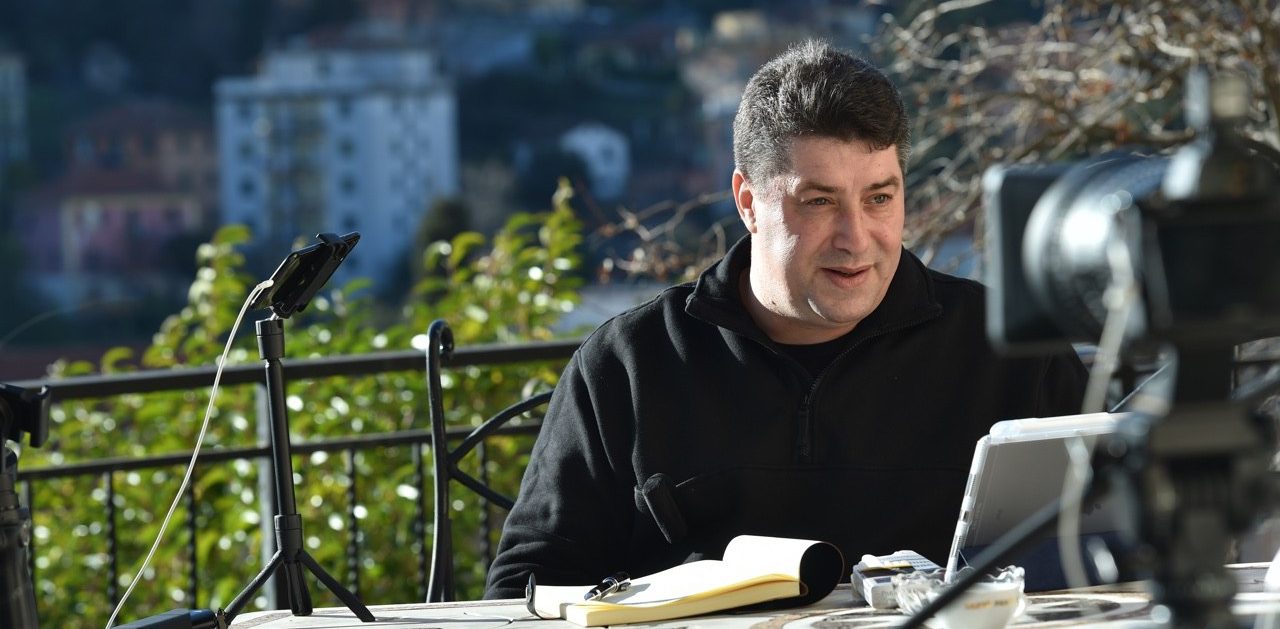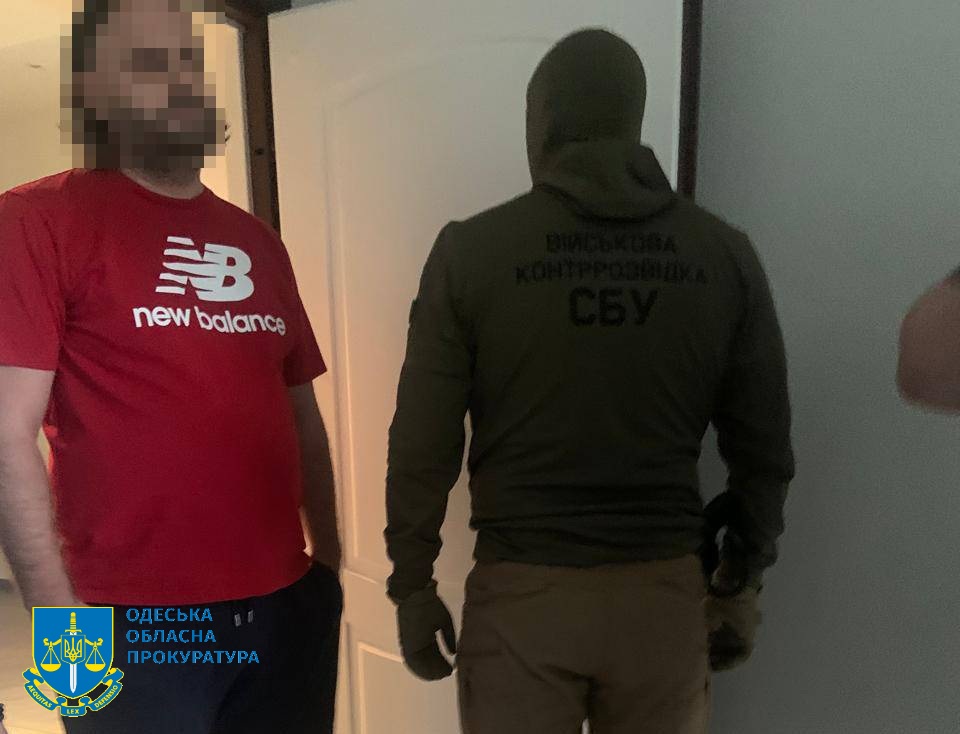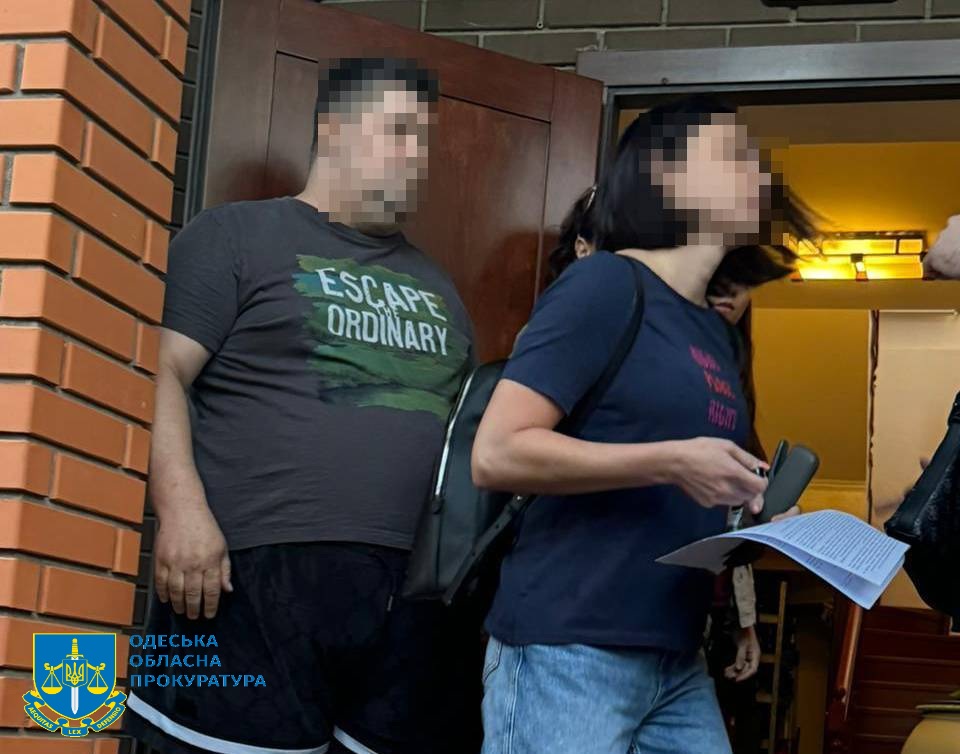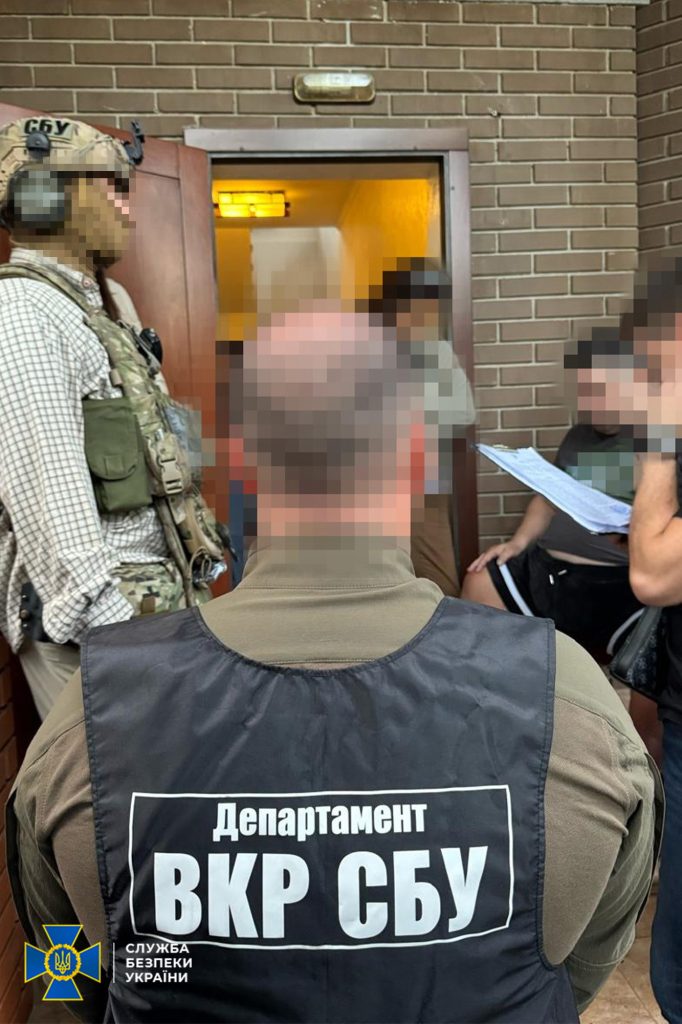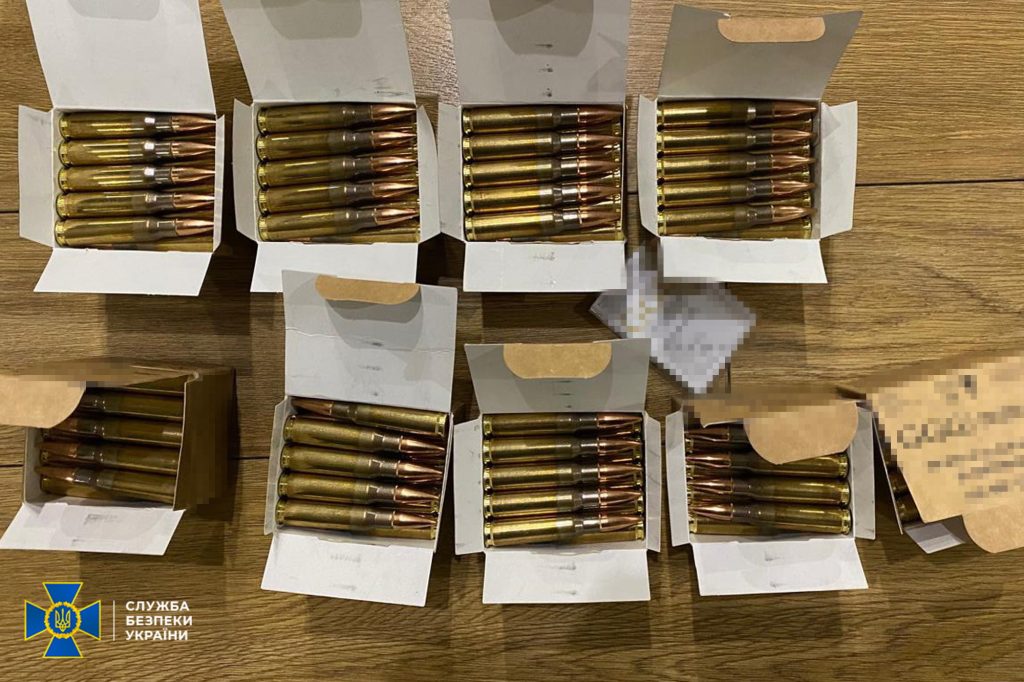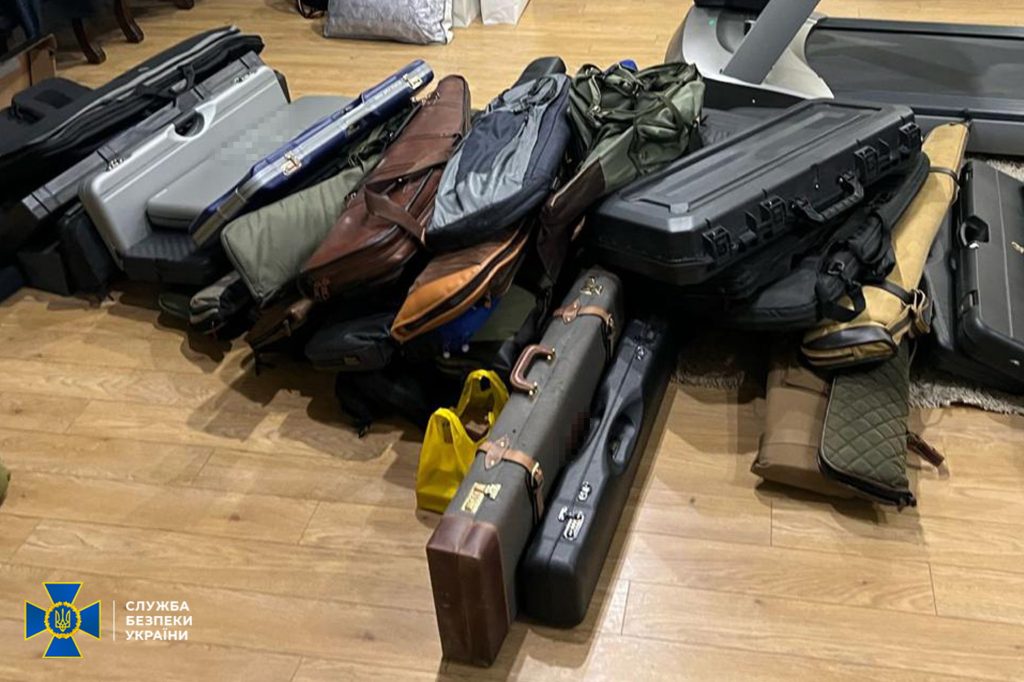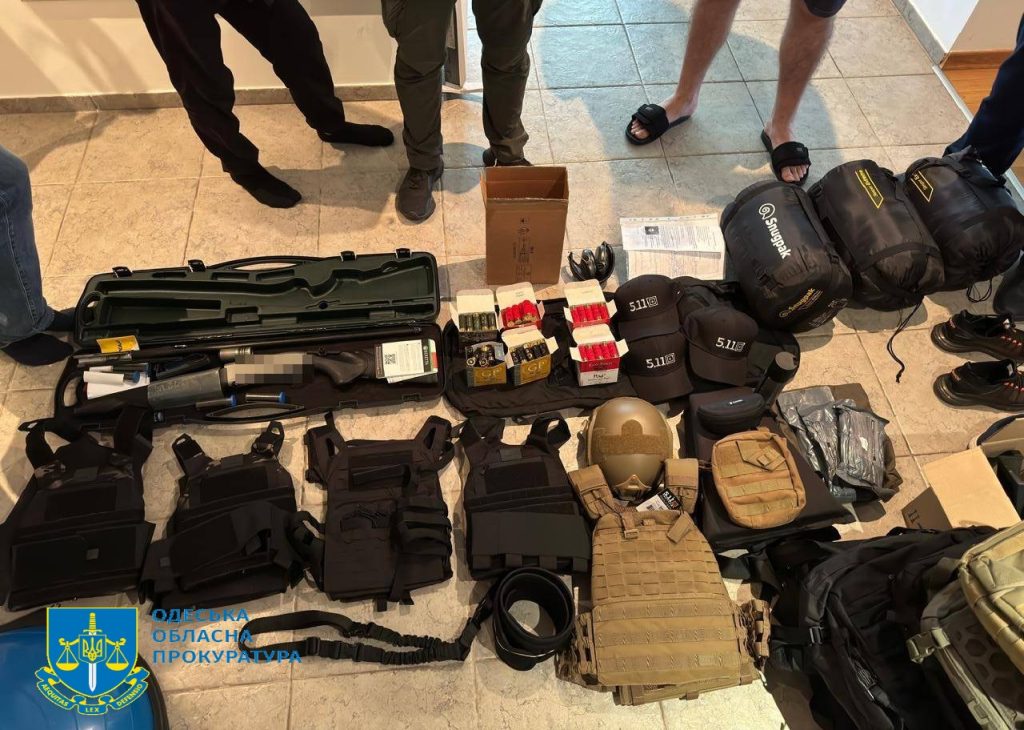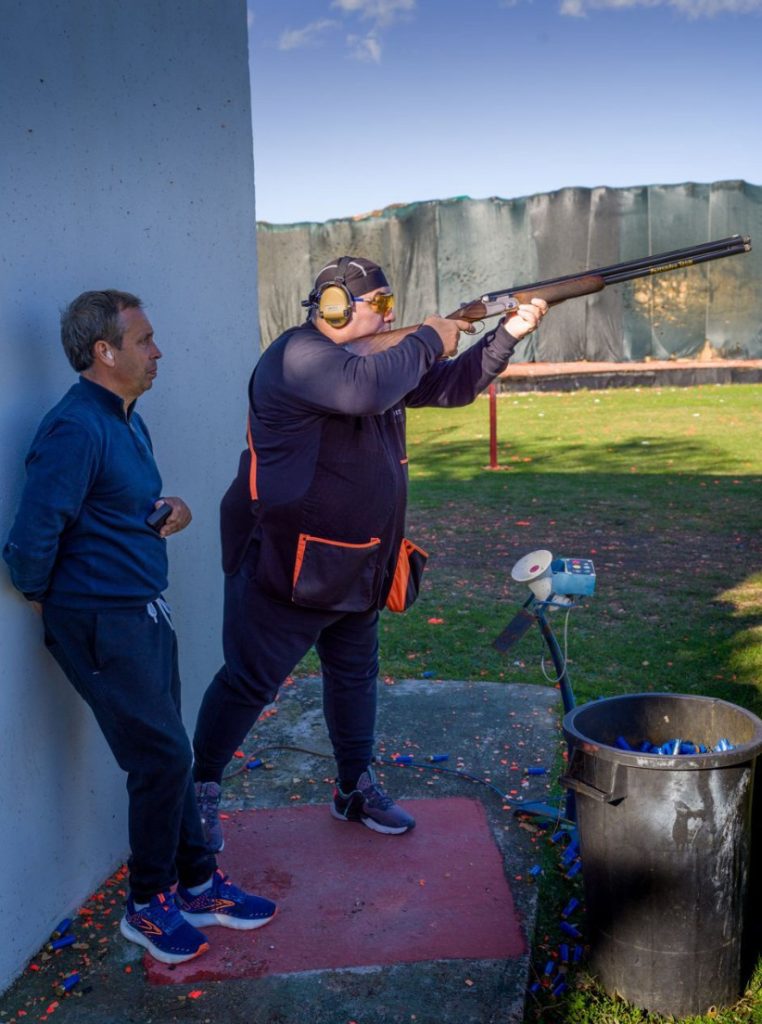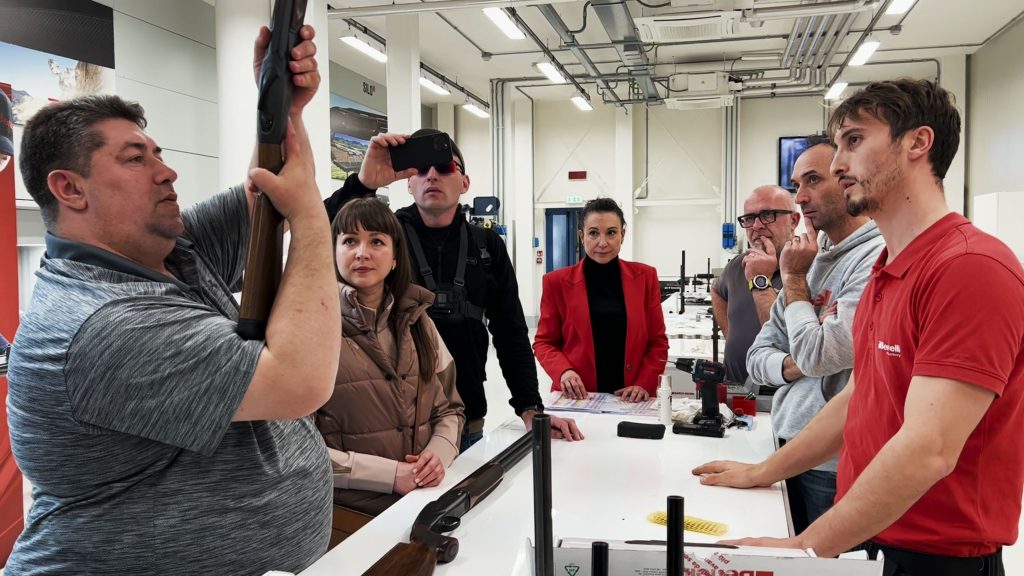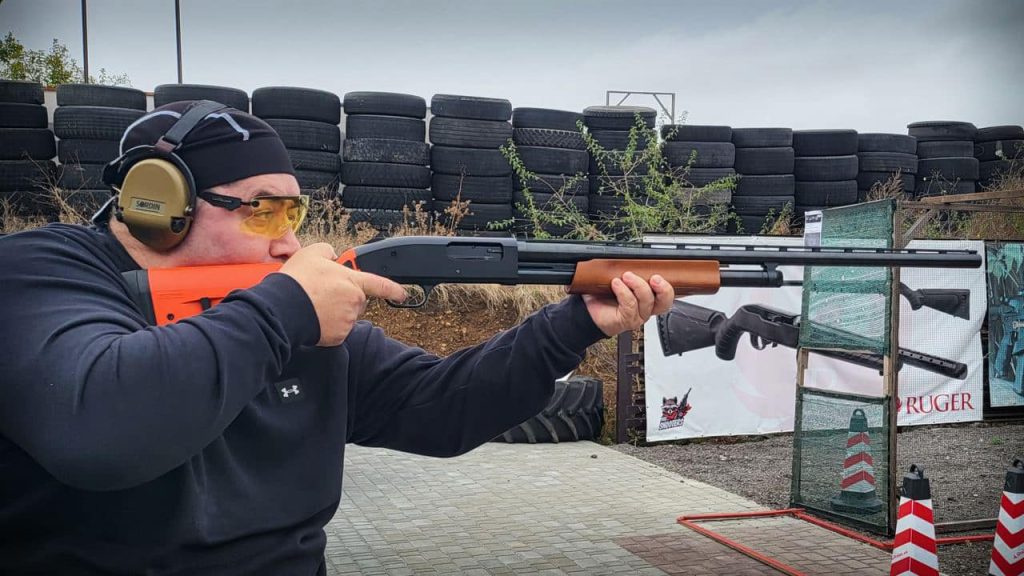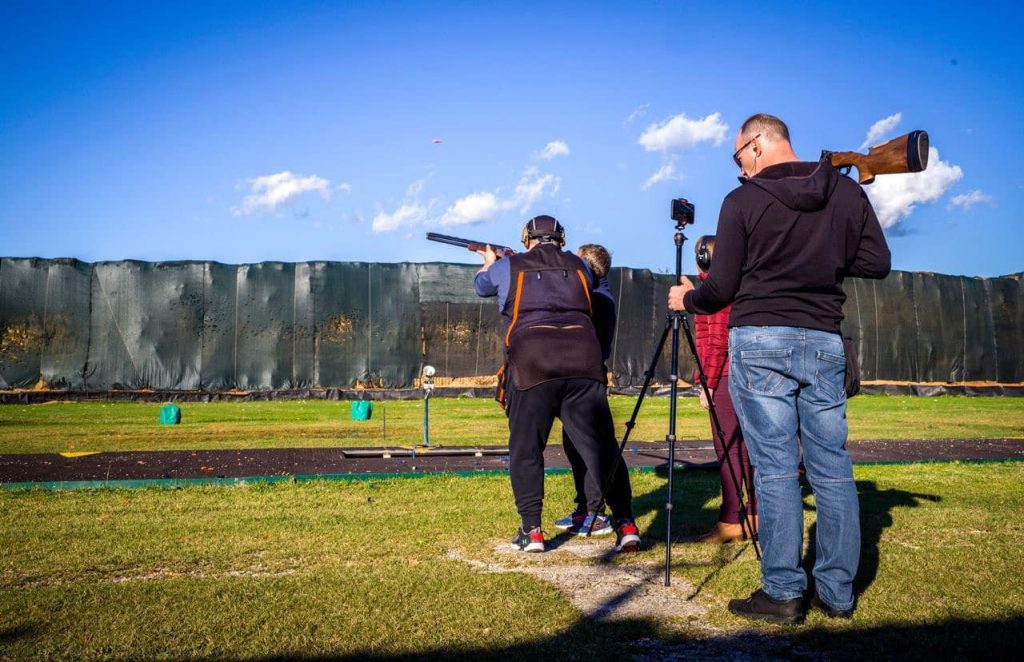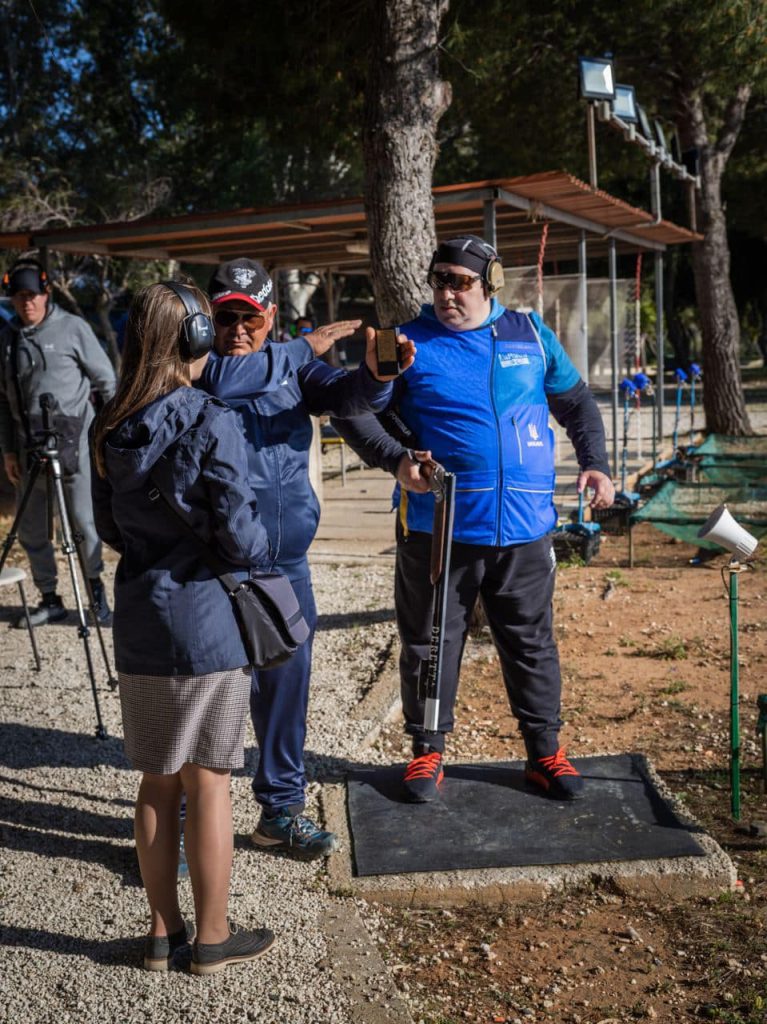In a troubling incident that has sparked widespread concern, a Jewish scientist Dr. Oleg Maltsev has been subjected to harassment and subsequently arrested under a politically motivated article of the criminal code. This case not only raises questions about the safety and rights of intellectuals in Ukraine but also highlights significant inconsistencies and discrepancies surrounding the circumstances of his detention. As a journalist with a keen interest in the intersections of culture, politics, and identity, I find this situation particularly compelling. It reflects not only the ongoing struggles within Ukrainian society but also the broader implications for academic freedom and minority rights. The scientist’s plight serves as a critical reminder of the precarious nature of free speech in an increasingly polarized environment, where differing perspectives can lead to dire consequences.
Who Is Dr. Oleg Maltsev?
Dr. Maltsev, is a two-time PhD holder in philosophy and psychology, serving as a member of the presidium at the European Academy of Sciences in Ukraine (EUASU) and the Ukrainian Academy of Sciences. He is also the founder and director of the Memory Institute, an organization dedicated to the study of human memory and consciousness. In addition, Dr. Maltsev leads the Expeditionary Corps, which conducts extensive field research across the globe, furthering his commitment to exploring diverse scientific and cultural phenomena.

He is a unique figure in the International scientific community, particularly recognized for his contributions to criminology, psychology, and sociology. Dr. Maltsev is a member of the editorial board and editor-in-chief of the French scientific journals Baudrillard Now and Dogma. Notably, he is the only Ukrainian scientist on the editorial board of the American journal American Behavioral Scientist.

He is the author of several influential Ukrainian books, including the unique monograph “Psychological Portrait of a Serial Killer” and “The work of human mind in the mode of task solving”. His research not only enriches academic literature but also addresses pressing societal issues.
What sets Dr. Maltsev apart is his unwavering commitment to fostering international collaboration and facilitating access for Ukrainian scientists to the broader research landscape. He actively engages with foreign colleagues, participating in international conferences and workshops that emphasize the importance of cross-border scientific dialogue. His efforts have led to numerous collaborative projects with institutions in Europe and America, where he not only shares his expertise but also advocates for the inclusion of Ukrainian researchers in global initiatives.
In the past decade, Dr. Maltsev has revitalized five scientific communities in Ukraine. Since the onset of the war, he has made significant scientific contributions through a series of publications on the impact of the conflict, including international articles such as “The Impact of Russian Military Aggression on the Psychological Health of Ukrainian Youth,” “War Crimes: Their Nature and Parameters,” and “Psychological Underpinnings of Terror Awareness: A Comprehensive Dive into Ukrainians’ Perception of Terrorist Threats Amidst War Tensions”. His works have provided crucial insights into the psychological and sociopolitical ramifications of the war, helping to elevate Ukrainian scholarship in international arenas.
Jerome Krase, Murray Koppelman Professor and Professor Emeritus at Brooklyn College of The City University of New York, attests to Dr. Maltsev’s unique scientific approach: “it’s excellent and it’s unique, he’s an interesting character, he has many different points of view and many different activities. From my perspective, these activities occupy a distinctive niche within the broader landscape of scholarly pursuits.” He characterizes Dr. Maltsev’s scientific approach as unusual and distinctive, which in turn leads to insights that might otherwise go unnoticed.
Inside the Arrest of Dr. Maltsev
On September 19, 2024, Ukrainian authorities arrested Dr. Oleg Maltsev along with his associate Konstantin Slobodyanyuk, in a highly publicized operation led by the Security Service of Ukraine (SBU). The two men have been accused of espionage and conspiracy, with reports from Ukrainian media alleging that they had founded a secret “Templar sect” in Odesa and were planning to seize government institutions under the guise of scientific and human rights work.
According to the SBU’s official press release, Dr. Maltsev and Slobodyanyuk allegedly organized a operational cell connected to Russian military intelligence (GRU). The SBU alleges that this group allegedly was preparing to forcibly take over government buildings in the Odesa region, under direct instructions from Moscow.
“The group was tasked with launching rear assaults on Ukraine’s Defense Forces in the event of a Russian advance toward the strategic port city,” the SBU stated. Additionally, it claimed that non-governmental organizations (NGOs) allegedly served as cover for the group’s recruitment efforts. Authorities also reportedly found materials allegedly connected to sabotage activities.
Yevgeniya Tarasenko, Maltsev’s lawyer, has raised concerns about the handling of the case and the potential motivations behind the public portrayal of her client. In an exclusive interview, she characterized the allegations as part of a broader campaign to discredit her client.
“This is a deliberate media strategy aimed at isolating and pressuring my client,” Tarasenko stated. “We have seen similar tactics in previous cases where high-profile individuals are subjected to public defamation long before their cases are heard in court.”
Tarasenko contends that her client had been under surveillance by Ukrainian authorities since March 2023, yet was not detained until September 2024. The lawyer further disclosed evidence that points to potential misconduct, including a screenshot of an email sent to one of Maltsev’s colleagues in December 2023, offering to resolve the case in exchange for a bribe.
“He could have easily left Ukraine when the investigation began,” Tarasenko emphasized. “But instead, he chose to stay and face these charges head-on, demonstrating his commitment to proving his innocence.”
Dr. Maltsev is currently being held in pretrial detention in Odesa and faces charges under two articles of Ukraine’s Criminal Code.
Experts Perplexed by Inconsistencies in Maltsev Case
In a deep dive into the recent allegations surrounding a supposed underground group in Ukraine, military experts and legal analysts have identified a series of discrepancies that cast doubt on the official narrative. Central to the controversy is the fact that each of the 64 weapons seized was legally purchased, registered, and authorized by the Ministry of Internal Affairs. This begs the question: how did legally owned hunting and sporting firearms become implicated in a plot “to seize government buildings in Odesa region by force”?
One photo, taken during the searches of Maltsev’s residence, has cast doubt. The image purportedly shows an Armsan RS-S1, a semi-automatic shotgun, which, under Ukrainian law, is legal for civilian use. While a smoothbore gun is commonly associated with civilian activities, a rifled weapon, depending on its appearance, can easily be confused with military-grade hardware by the untrained eye. Only a weapons expert would be able to make this distinction, but the average observer, fed sensationalized media narratives, might easily be led to believe that the weapon was intended for terrorist purposes. Furthermore, a thorough review of the available court documents reveals that this particular weapon is conspicuously absent from the official list of seized firearms. Experts have pointed out that the majority—more than 90%—of the listed firearms are smoothbore, designed for hunting, sport shooting or target shooting.
Official press releases allege that underground detachments have been formed, including units dedicated to sniper operations, communications and intelligence. However, experts note the conspicuous absence of any specialized equipment mentioned in court documents that would typically accompany such units. “If these groups were indeed operational, where are the tools of their trade?” one military analyst remarked, highlighting the lack of tangible evidence to support the existence of these claimed units.
To ensure their safety, Dr. Maltsev’s team, like many civilians in the region, took precautions by acquiring protective gear such as body armor, helmets, ballistic goggles, and other tactical equipment. This equipment was essential for their personal protection in a war zone. The same items meant for defense were instead portrayed as evidence of an alleged plan to seize power in Odesa. This narrative was further fueled by sensationalist media claims that explosives, including grenades, were found during searches of Maltsev’s premises.
While official sources have indicated that over 20 individuals are under investigation, none have been formally charged or notified of suspicion, raising alarms about the due process guaranteed under Ukraine’s Constitution.
Perhaps the most perplexing detail in Dr. Oleg Maltsev’s case is the timeline of events. The firearms were seized during searches conducted in March 2024. Crucially, these searches were related to another “less dangerous” legal article and had no connection to the accusations that surfaced later.
Yet, despite the alleged gravity of these weapons being part of a so-called subversive group, no arrest was made at the time. The authorities took no immediate action after the March raids. The media frenzy and Maltsev’s arrest did not occur until seven months after the weapons were initially seized.
Judge for yourself: the typical response to discovering a well-armed, illegal group planning subversive activity would be immediate action. Arrests would be carried out without delay, and the matter would be swiftly brought to trial to prevent any potential harm. Instead, Maltsev continued his scientific work for months after the seizure of his firearms. He didn’t flee the country, didn’t change his daily routine, and showed no signs of the illegal activities being ascribed to him by the media.
This glaring delay raises a crucial question: If the seized weapons were truly part of an illegal, dangerous formation, why didn’t the authorities move swiftly to arrest Maltsev and his associates?
The Media as a Tool for Violating Democratic Rights
The increasing prevalence of “trial by media”—where the press assumes the role of judge and jury—poses a serious threat to the administration of justice.
In high-profile cases, media coverage can be so overwhelming that it begins to influence the decisions of judges, who may feel pressured by public opinion. As a result, media-driven verdicts often become de facto outcomes in court, casting a shadow over the fairness of the judicial process.
According to Dr. Maltsev’s legal team, the media frenzy began even before his arrest, building steadily and reaching a crescendo on the day of his arrest. Though the case remains under investigation, the media has, in effect, already passed judgment. This rush to sensationalize the case led to a flurry of false information, some of which was inaccurately attributed to court documents. These inaccuracies—likely aimed at an international audience unfamiliar with the nuances of Ukrainian legal databases—created a dangerous narrative that had little to do with the actual proceedings.
As the media’s coverage intensified, the story took on a life of its own, snowballing with each new publication. Media experts have identified more than 20 instances in Dr. Maltsev’s case where the information presented by the media diverged significantly from reality. These discrepancies, which ranged from misrepresented facts to outright fabrications, added layers of distortion to the public narrative surrounding the case.
One of the most glaring examples was the false claim that explosives were found during the searches. Not a single official document or court statement mentioned explosives. The training Maltsev conducted at shooting ranges was recast by the press as military training for insurgency. In reality, Maltsev’s activities at the shooting range were well-documented and part of his research on sport shooting, carried out in collaboration with world-class coaches and Olympic champions. Yet, in the hands of the media, these visits were sensationalized into allegations of him training a “subversive reconnaissance platoon.”
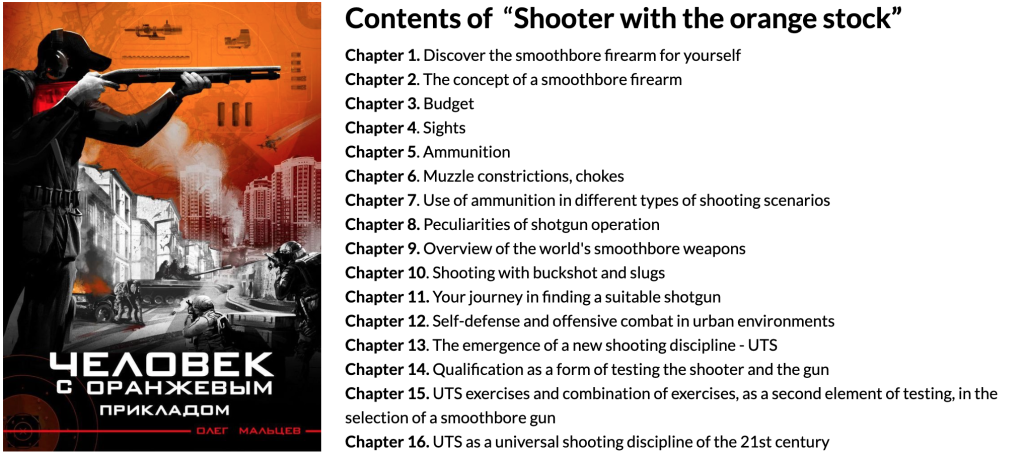
Such distortions did not stop there. The number of legally purchased rifles found during the searches, initially reported as 64, became a point of contention. The media quickly morphed this into a narrative about an armed uprising, claiming the rifles were part of a larger plot to take over Maltsev’s hometown. Research materials intended for his book “Shooter with the Orange Stock”, detailing the Urban Tactical Shooting system, were twisted into “manuals on sabotage tactics,” complete with fantastical claims about plans to destroy administrative buildings.
This portrayal of Dr. Maltsev—a man who, according to eyewitnesses, is known for his tireless scientific work— is emblematic of a broader issue: the media’s readiness to label and vilify. Maltsev was swiftly branded with a host of epithets, from “info-gypsy” and “pseudo-scientist” to “cult leader,” with the media attributing traits to him that bore little resemblance to the reality of his academic achievements. Despite holding two PhDs from the Ukrainian Ministry of Education and producing countless research works, these qualifications were conveniently ignored by a press eager to create a villain. The unchecked use of emotionally charged labels painted Maltsev as a near-mythical figure of evil.
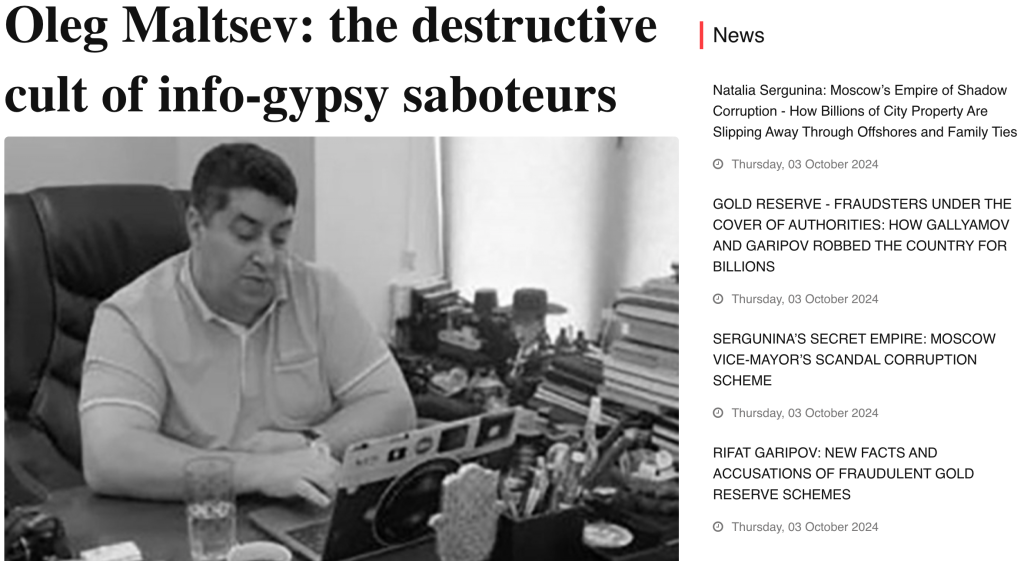
The headlines themselves became a source of sensationalism, with outlets churning out one clickbait title after another. Phrases like “Sectarian traitors” and “Oleg Maltsev: the destructive cult of info-gypsy saboteurs” dominated the news cycle. These stories were often replicated across junk websites, further amplifying the narrative and giving the appearance of widespread consensus about Maltsev’s guilt, despite the lack of substantive evidence to support these claims.
These are just a few of the 20-plus episodes where the media strayed from the truth, creating a narrative at odds with official records. In fact, the media’s coverage of Maltsev’s case run afoul of basic journalistic ethics, leaking details of the investigation and violating the principle of the presumption of innocence.
In the Footsteps of the NKVD: The Persecution of a Jewish Scientist and the Labeling of Him
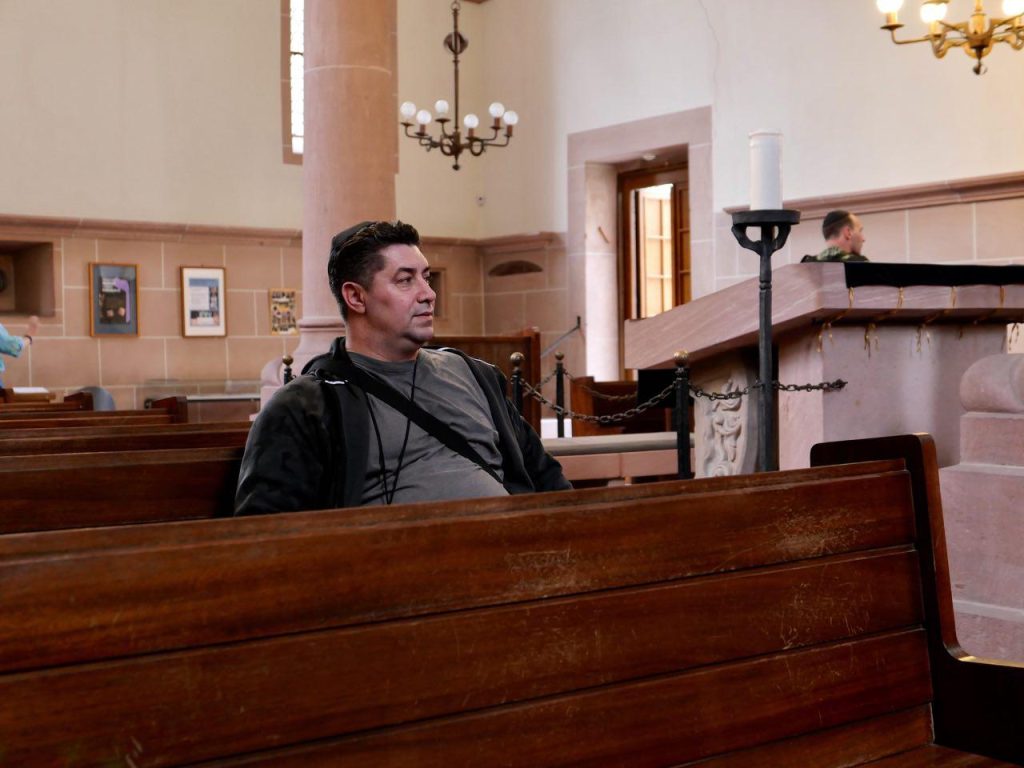
Yet another subtle but crucial dimension of this case emerges upon closer examination. Dr. Maltsev, born into a Jewish family, is the driving force behind the project “European History of the Jewish People,” supported by the Odesa Regional Branch of the Ukrainian Academy of Sciences. The implications of his arrest resonate deeply, evoking echoes from the past where Jewish scholars in Ukraine faced similar challenges, raising poignant questions about the intersection of identity, history, and contemporary struggles.
From the Middle Ages to the present day, the persecution of Jews—often targeting intellectuals and scientists—has been a recurring theme. This persecution has robbed the world of irreplaceable minds and set back scientific progress. Jewish scientists, in particular, have historically made tremendous contributions to global knowledge. From Albert Einstein to Jonas Salk, Jewish intellectuals have advanced fields as diverse as physics, medicine, and psychology. However, this prominence has often come at a heavy price. The persecution of Jewish scientists, both for their ethnic background and their intellectual achievements, has left indelible marks on history.
The echoes of history are undeniable when looking at the persecution of Dr. Oleg Maltsev today. Though we are in a different era, and Ukraine is ostensibly a democratic nation, the aggressive media campaign and the labeling of Maltsev with terms like “cult leader” and “saboteur” bear uncomfortable similarities to the tactics of repressive regimes. Dr. Maltsev, a scientist of Jewish descent, now finds himself at the center of an alarming campaign of defamation, reminiscent of the infamous purges of the 1930s.
The outbreak of terror during 1937-1938, known as the “Great Terror,” was associated with a sharp aggravation of the international situation.
At that time, the NKVD orchestrated a systematic campaign of arrests and executions, targeting not only political figures but also scientists, writers, and cultural leaders. Many Jewish intellectuals were swept up in this wave of repression. The NKVD framed prominent Jewish scientists as “spies, conspirators, and saboteurs,” holding staged show trials to bolster these false claims. Their names were smeared, their reputations destroyed, and in many cases, their lives taken. This tragic period has been well documented in historical literature.
The parallels between this dark chapter of history and the present treatment of Dr. Maltsev are too striking to ignore. Just as during the Great Terror, the accusations against Maltsev seem tailored to fit a preordained narrative. His scientific research—particularly his work in psychology and criminology—has been twisted to serve as “evidence” of his supposed involvement in espionage and subversion. The fact that he holds multiple PhDs and is internationally respected within the academic community is conveniently ignored by those who wish to see him discredited.
In Ukraine today, with the persecution of Dr. Maltsev, the question must be asked: are we seeing the early signs of a similarly destructive process? Should Ukrainians expect something akin to what happened on December 1, 1934, when the famous decree of the Presidium of the Central Executive Committee was adopted? That decree ordered that cases involving accusations of state crimes should be considered in an expedited manner, with no right to appeal or petition for pardon, and that death sentences should be carried out immediately.
While the Ukraine of 2024 is far from the Soviet Union of 1937, the persecution of an intellectual like Dr. Maltsev raises the specter of a similar danger. The case of Dr. Maltsev stands as a warning to Ukraine and the world: when intellectual independence is punished, when facts are bent, and when media is used as a tool of suppression rather than truth, the consequences for society are dire. The world cannot afford to repeat the mistakes of the past.
“Innocent Until Proven Guilty” or “Guilt Beyond a Reasonable Doubt”?
As we sift through the numerous lies, exaggerations, and falsehoods spread across headlines, one glaring question remains: if there are so many lies in the Maltsev case, what is the truth here? And, perhaps more crucially, if there were any truth to the accusations, why have these lies been so persistent and prolific? This dichotomy challenges the very foundation of the legal principle we hold dear—”innocent until proven guilty.”
The extensive and well-documented fabrications in this case should give any observer pause. Over 20 instances of misinformation—ranging from false claims of explosives to exaggerations of Dr. Maltsev’s scientific research—have created a smokescreen that obscures the facts. If Dr. Maltsev were sincerely guilty of the crimes for which he is accused, surely the evidence would speak for itself. Instead, we see the opposite: a reliance on sensationalism, conjecture, and outright lies. The use of misleading headlines, fear-inducing narratives, and the repeated twisting of facts suggests that those perpetuating these stories are less concerned with uncovering the truth and more intent on shaping public opinion.
If the evidence against Dr. Maltsev were strong and damning, there would be no need to fabricate such outlandish details. Instead, these sensationalized stories appear to have been manufactured to create a narrative that has little, if anything, to do with the facts.
In any legitimate legal proceeding, the strength of an accusation must be weighed against hard evidence. However, when we strip away the emotional manipulation and the layers of misinformation in Dr. Maltsev’s case, what remains is an accusation that holds very little substance. The dry balance of facts leaves too little for a charge of this magnitude to stand. From the legal purchase of rifles to research into sport shooting being misconstrued as training for sabotage, the so-called evidence seems more like an elaborate narrative designed to fit a preconceived conclusion rather than a genuine case of criminal behavior.
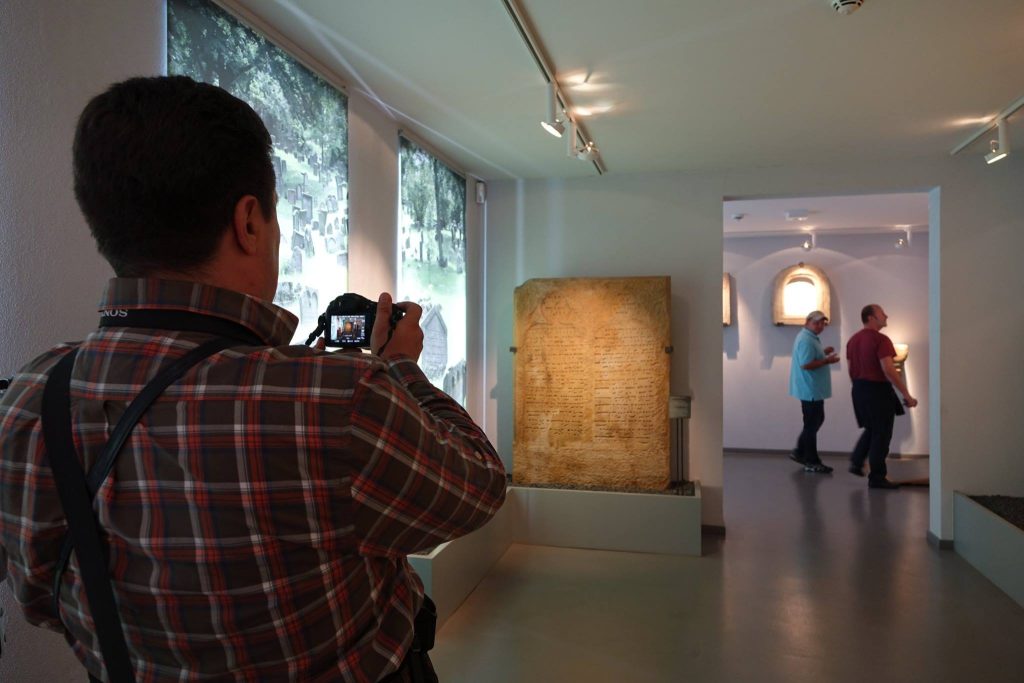
The reality is stark: if there were truly a case against Dr. Maltsev, it would not require so many lies to prop it up. The exaggerated portrayal of Dr. Maltsev as a dangerous figure, the false attributions of intent, and the transformation of research into nefarious activity all serve to paint a picture of guilt where none exists.
This raises an even more profound issue: why? Why has there been such a concerted effort to destroy the reputation of an internationally respected scientist? Why, if Dr. Maltsev were truly guilty of the charges leveled against him, would it be necessary to resort to such transparent falsehoods? These are not the actions of those confident in their case; rather, they suggest desperation—an attempt to overwhelm, to muddy the waters so thoroughly that the truth becomes almost impossible to discern.
But truth, no matter how deeply buried, has a way of rising to the surface. The more lies we uncover in this case, the clearer it becomes that Dr. Maltsev may very well be the victim of a coordinated smear campaign. The real story—of who is behind this campaign, and why they have gone to such extraordinary lengths to discredit him—remains to be told. Until then, we are left with one undeniable fact: when lies outnumber the truth, it is the truth that becomes the most dangerous thing of all to tthose who benefit from the scientist’s discrediting.
Shed Light on the True Motives and Methods of Persecution
The case of Dr. Oleg Maltsev raises troubling questions about the motivations behind the coordinated effort to discredit him. Experts consider that this is not merely a series of journalistic missteps, but rather, a deliberate attempt to undermine a prominent figure. The precision with which these narratives have been constructed suggests that the effort to dismantle Maltsev’s reputation was both strategic and well-organized. From the outset, the media coverage has been suspiciously aggressive, with accusations of treason, sabotage, and espionage leveled at him before any concrete evidence was presented.

The motives for such a campaign are murky. But Dr. Maltsev’s work, particularly his research in psychology, criminology, and his academic involvement in military tactics, may have made him a target for groups seeking to silence or neutralize him. It is plausible that his expertise in these fields, combined with his connections in international academic circles, threatened certain interests—whether political, ideological, or personal. Ukraine, in particular, is a country where the intersection of politics, media, and personal vendettas often plays out in complex and shadowy ways.
There is also the possibility of geopolitical motivations at play. By painting Maltsev as a pro-Russian operative or a cult-like figure, his opponents may have sought to eliminate his influence and credibility, both domestically and internationally.
Moreover, the rapid leak of details from the investigation, along with the media’s willingness to publicize unverified information, suggests that certain insiders may have had a vested interest in ensuring that Maltsev’s reputation was tarnished before he could defend himself in court. This tactic—of trying the case in the court of public opinion—ensures that, even if Maltsev is eventually cleared of all charges, his name may remain stained by the accusations, effectively neutralizing his influence.
Concluding from this, the trial of Dr. Maltsev offers a glimpse into a far more complex web of motivations and interests than what the media initially portrayed. While the surface story painted him as a rogue scientist involved in dark conspiracies, a closer look suggests that these narratives may have been deliberately crafted to serve the interests of others. The orchestration of such a disinformation campaign requires resources, coordination, and most importantly, a clear beneficiary. Whether these efforts are motivated by political intrigue, personal vendettas, or a combination of both, remains a question for further investigation.
What is clear, however, is that the discrediting of Dr. Maltsev is not just a media misfire but a concerted effort to destroy his career, reputation, and influence.

